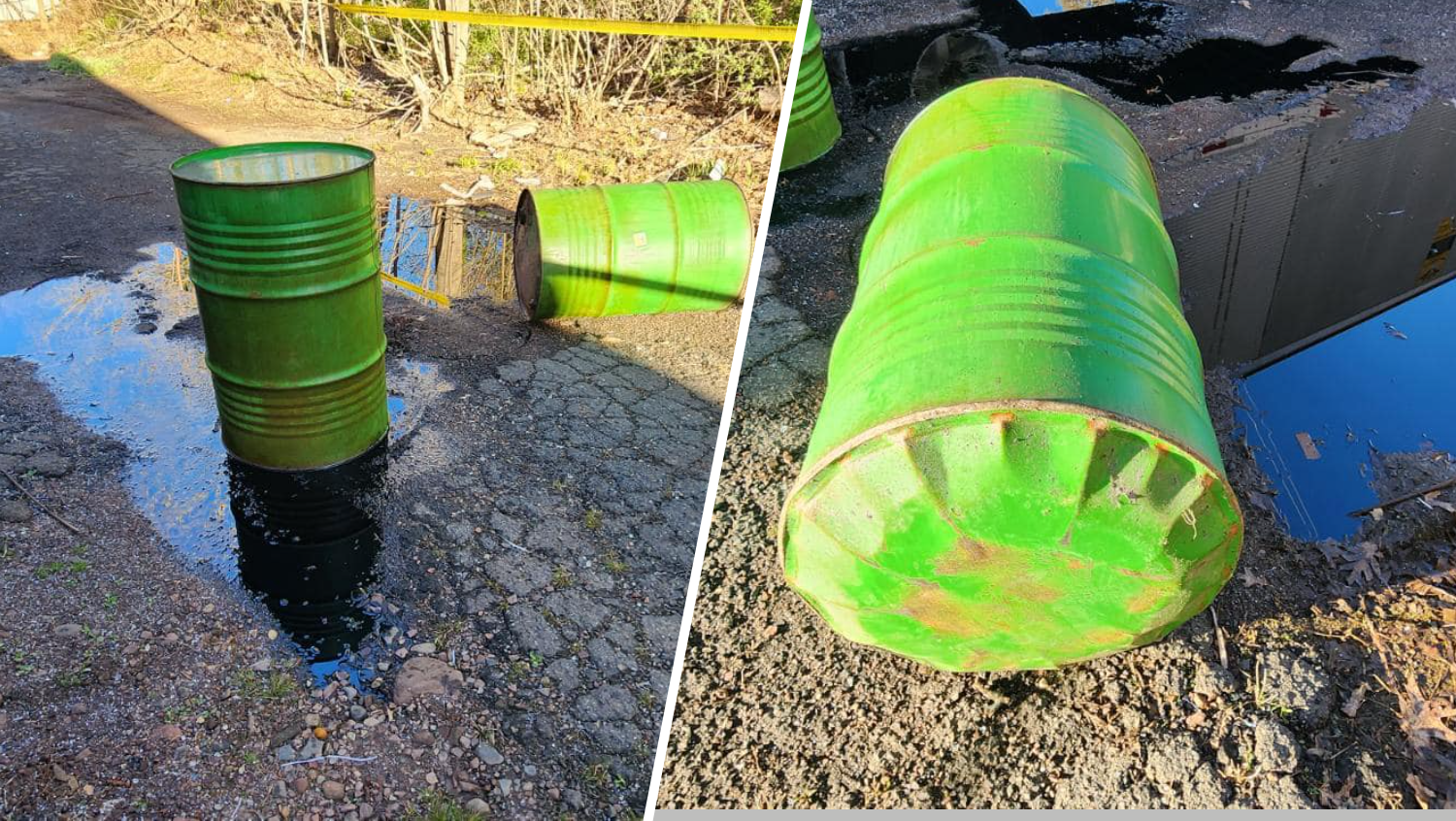The state panel tasked with coming up with ways to pay for Gov. Dannel Malloy's proposed 30 year $100 billion transportation overhaul issued its final report Friday morning and it includes what many had predicted all along: tolls.
Panelists recommended raising $92 billion in revenue to pay for the aggressive plan laid out by Gov. Malloy last year. $42 billion would be new funds.
The tolls projected revenues would be 30 percent from out-of-state drivers, 24 percent from heavy trucks and the rest from residents, the panel said citing the Connecticut Department of Transportation.
The state argues that increasing the revenue sources used by the Connecticut Department of Transportation for things like electronic tolling systems would raise the most cash to pay for road, bridge and rail improvements.
In addition to tolls, recommendations include the increase of state sales tax, raising more money from motor vehicle registrations, raising taxes on oil companies and raising the .29 cents gas tax by .06 cents.
The last time gas tax was .39 cents was in the 1990s, the report said.
Current sales would be increased by .05 percent from 6.35 percent to 6.85 percent.
Projections have toll revenues topping $18 billion by the year 2040.
The report calls for a state constitutional amendment that creates a so-called lockbox, preventing transportation funds from being spent on other programs.
The report comes as the General Assembly prepares to convene Feb. 3.
Local
Gov. Dan Malloy said he doesn't expect any of the tax increase proposals to be voted on during the new session, which falls in a legislative election year. He said lawmakers first need to pass the lockbox legislation with enough votes to put the issue before the voters in November.
"While some would like the public to believe you can get something for nothing, or that a best-in-class transportation system is free, that’s not the case," Malloy said in a statement. "If we want to not just prevent businesses from leaving, but attract new ones, then we must have a constitutional lockbox."
When General Electrics announced that it was move its headquarters from Farfield to Boston, Malloy said that there was no way Connecticut could compete with Boston's transportation infrastructure, the Hartford Courant reported.
“Our business community consistently points to our state’s outdated transportation infrastructure as one of the biggest drags on our economy, " Speaker of the House Brendan Sharkey said in a statement about the transportation plan.
Panelists also provided some alternatives methods to reach the same goals. For instance, in lieu of increasing sales taxes to pay for roads, netting $5.7 billion, it said a similar result, $6.2 billion, could be achieved for transportation, by simply shifting all vehicle sales taxes to the Special Transportation Fund.
Panelists didn't say how much drivers may have to pay when they drive through the new tolls.



